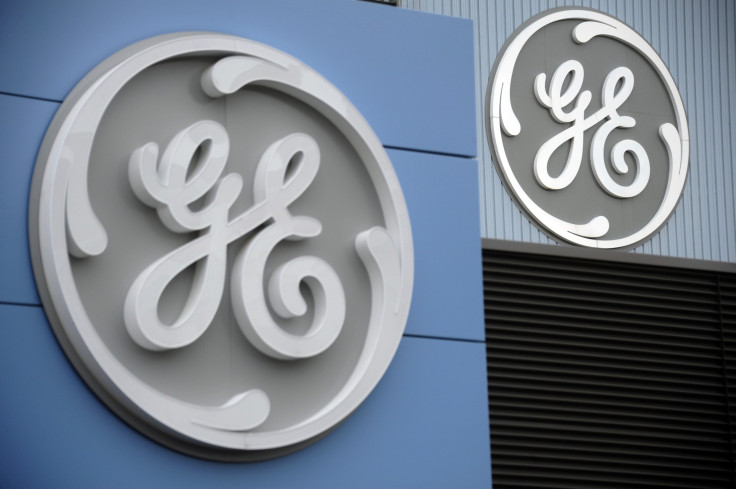General Electric Co. (GE) To Invest $1.4B In Oil-Dependent Saudi Arabia

General Electric Co. says it will invest at least $1.4 billion in Saudi Arabia as the energy-rich kingdom seeks to wean its economy from oil exports.
GE announced Monday that it will team up with Saudi Arabia’s state-owned oil giant, Saudi Aramco, and a second partner to build a $400 million manufacturing facility for the energy and marine sectors, according to news reports. The project is expected to create 2,000 jobs in the Persian Gulf kingdom.
The Connecticut conglomerate said it also signed a memorandum of understanding to jointly invest $1 billion by 2017 alongside a Saudi entity including the country’s largest petrochemicals company, its public investment fund and Saudi Aramco. The investments will cover a variety of sectors, including water and aviation. GE said it would also consider investing another $2 billion in the same sectors after 2017.
“The joint investment and collaboration will be a game changer for the kingdom’s industrial and digital sectors,” said GE CEO Jeffrey Immelt, the Wall Street Journal reported. Immelt was in the coastal city of Jeddah on Monday to meet with ministers and business leaders.
Saudi officials in April unveiled a sweeping plan to diversify the oil-dependent economy, known as Vision 2030. The Saudi government is reeling from the plunge in oil prices over the past two years, which left the kingdom with a nearly $100 billion budget shortfall last year. Petroleum accounts for roughly 80 percent of the Saudi economy.
“We have developed a case of oil addiction in Saudi Arabia,” Deputy Crown Prince Mohammed bin Salman told TV news channel Al Arabiya in April. At a press conference for Vision 2030, the deputy prince said the kingdom “will not allow our country ever to be at the mercy of commodity price volatility or external markets.”
Saudi Arabia’s diversification strategy relies in large part on bringing in international businesses. It also calls for selling a stake in Saudi Aramco, which officials said could be valued at more than $2 trillion. The kingdom said it might sell a small stake in the company — less than 5 percent — in what would be the world’s largest initial public offering.
Job creation from the GE-backed projects could help Saudi Arabia toward its goal to boost employment. The Vision 2030 plan aims to shrink the nation’s unemployment rate from 11.6 percent to 7 percent within the next 14 years by creating jobs in sectors such as defense, mining and tourism. Other projects include building a bridge to carry millions of dollars’ worth of cargo across the Red Sea, constructing the world’s largest Islamic museum to attract religious tourists and creating a holding company for its defense ministries.
Investments from GE and other potential global businesses could also bring momentum to Saudi Arabia’s long-struggling effort to lessen its dependence on oil. Saudi officials have listed economic diversification as a top priority for nearly half a century. But a recent analysis of those five-year strategies, from 1970 to 2013, found the government largely failed in its objectives.
“After more than 40 years of development plans aiming to diversify the Saudi economy, oil is still the main engine driving the economy,” Bassar Al-Bassam, director of special programs at the Institute of Public Administration in Riyadh, said in a June 2015 report published in the Resources Policy journal.
© Copyright IBTimes 2024. All rights reserved.




















